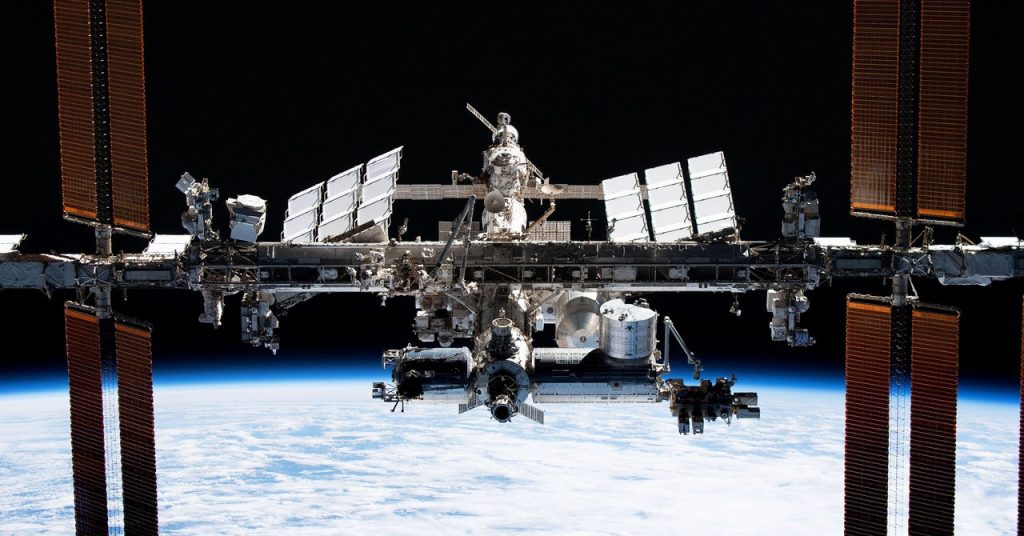Revolutionizing Cancer Treatment: The Potential of Crystallizing Drugs in Space
The Challenges of Immunotherapy Drug Administration
Immunotherapy has emerged as a groundbreaking approach to combat cancer, but the administration of these drugs often involves a lengthy and invasive process. Patients must endure hours-long intravenous infusions in a hospital setting, which can be both painful and inconvenient.
The Solution: Crystallizing Proteins for Subcutaneous Injection
A simpler and less painful alternative would be to inject the drugs subcutaneously, allowing patients to receive treatment from the comfort of their own homes. However, this requires significantly higher drug concentrations, resulting in a thick, viscous formula that is difficult to inject. The answer lies in crystallizing the proteins in the drug, which enables a high concentration to be achieved in a smaller volume, without the associated viscosity. The catch? This process is nearly impossible to accomplish on Earth, as the resulting crystals are riddled with imperfections and vary in size. In the absence of Earth’s gravitational pull, however, the crystallized proteins form flawlessly in space.
The Birth of BioOrbit: Harnessing Space for the Benefit of Humanity
Enter Katie King, a visionary determined to prove that space can be utilized to help those on Earth. After completing her studies at Cambridge University and the International Space University, King founded BioOrbit in 2023 with the goal of scaling up and commercializing drug production in space. With funding secured from the European Space Agency, BioOrbit plans to test the process on the International Space Station in early 2025 and aims to partner with a pharmaceutical company for a second flight later that year.

Katie King. Photograph: Christian Trippe
Big Pharma’s Interest in Space-Based Drug Development
King is not alone in recognizing the potential of microgravity for drug development. Pharmaceutical giants like Bristol Myers Squibb and Merck have been conducting research in space for years. What sets BioOrbit apart is their focus on optimizing the process for commercial-scale production.
Navigating the Challenges of Space-Based Drug Production
Despite the immense potential, there are obstacles to overcome. Access to space is limited and expensive, with long waiting lists for rocket launches to the ISS. Regulatory issues also pose a challenge, as it remains unclear how Earth’s rules and regulations will apply in outer space, particularly in cases of patient harm caused by space-produced drugs. Researchers like Li Shean Toh from the University of Nottingham are exploring the need for a health-focused version of the Outer Space Treaty to address these concerns.
The Future of Pharmaceutical Manufacturing
King’s ultimate vision for BioOrbit is to establish a permanent facility in space dedicated to scientific research, drug development, and manufacturing. As the company paves the way for this new frontier in pharmaceutical production, it may not be long before many of our medications have taken a brief journey to space before reaching our medicine cabinets.
“There is so much benefit that microgravity can give to life science research, drug development, cancer research—and more that we just don’t know yet,” says King.
The future of pharmaceutical manufacturing may lie beyond Earth’s atmosphere, and companies like BioOrbit are at the forefront of this exciting new era in medicine.

6 Comments
Space pharmaceuticals, huh? Next, we’ll be vacationing on Mars to cure the common cold!
Who knew zero gravity would be the next big pharmacy, right
Space: the final frontier… for medicine manufacturing, apparently!
Who would’ve guessed that the vastness of space holds the key to conquering cancer
Galactic pharmacies might just outshine Earthbound ones, imagine that!
Sofia Hayes: Seems space might just be the unexpected hero in our medical saga, doesn’t it